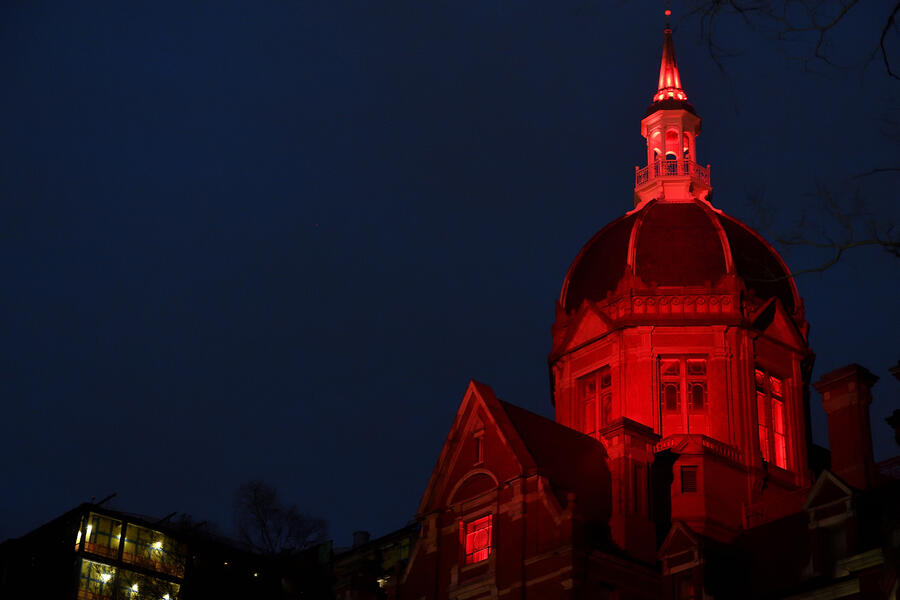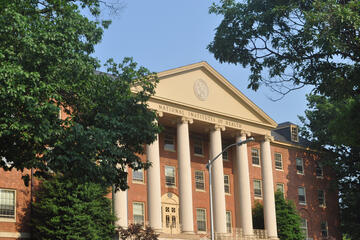Johns Hopkins University experts appeared on multiple national news outlets this week to extol funding from the U.S. National Institutes of Health and to warn about the dire consequences that will likely result from proposed cuts to vital medical and scientific research.
Jack Iwashyna, a Bloomberg Distinguished Professor of Social Science and Justice in Medicine, told CNN's The Lead that proposed NIH cuts would be "devastating," eliminating future cures for "children and grandchildren when they get sick."
Key Takeaways
- Proposed cuts to NIH funding will have devastating impacts on U.S. medical and scientific research, Johns Hopkins faculty members say.
- Indirect costs are vital for research projects, providing for the "research infrastructure" such as computers, microscopes and electricity.
- NIH support is critical for the United States to maintain its dominance in medical and scientific innovation.
"It's not just about how sick kids are going to get because cures are being prevented," Iwashyna added on CNN. "Right now if my mom needs to go to get a second opinion in an academic medical center, that researcher and that physician-scientist likely does both research and clinical work, and that combination is supported by the NIH. It's what makes our centers so great. If these research dollars aren't there, people can't stay on the cutting edge, my mom doesn't get as good a second opinion."
Video credit: PBS Newshour
Health research is also a tremendous driver of economic opportunity, Iwashyna said.
"It creates other businesses, it spins off pharma jobs," he said. "And if we rip the heart out of university research by not paying for the infrastructure we need in order to do that research, where are those new jobs and new corporations going to come from?"
Iwashyna also spoke to NBC News to explain that deep cuts for "indirect costs" would decimate the "research infrastructure" required for groundbreaking advances—everything from computers and microscopes to custodial services and electricity. Such funding cuts would jeopardize his own work researching chronic illnesses, including pneumonia, which is among the leading causes of hospitalizations in the U.S., NBC reported.
The care plan developed to treat Iwashyna's father's pancreatic cancer was developed by research support from the NIH and other organizations, he told NBC.
Richard Huganir, Bloomberg Distinguished Professor of Neuroscience and Psychological and Brain Sciences, told Time that he and his research colleagues have been "dumbstruck" by the proposed NIH cuts.
Also see
"I'm calling it the apocalypse of American science," said Huganir, director of the Department of Neuroscience at the Johns Hopkins School of Medicine whose research into therapies for autism and intellectual disabilities relies on NIH support. "This will basically change science as we know it in the U.S."
Otis Brawley, a Bloomberg Distinguished Professor of Oncology and Epidemiology, also spoke to Time and said indirect costs are essential for modern research.
"Right now we are in the middle of developing therapies that could really cure certain forms of intellectual disability for millions of kids across the world," Brawley told Time. "We are terrified that the research is going to stop."
Posted in Voices+Opinion, Politics+Society









